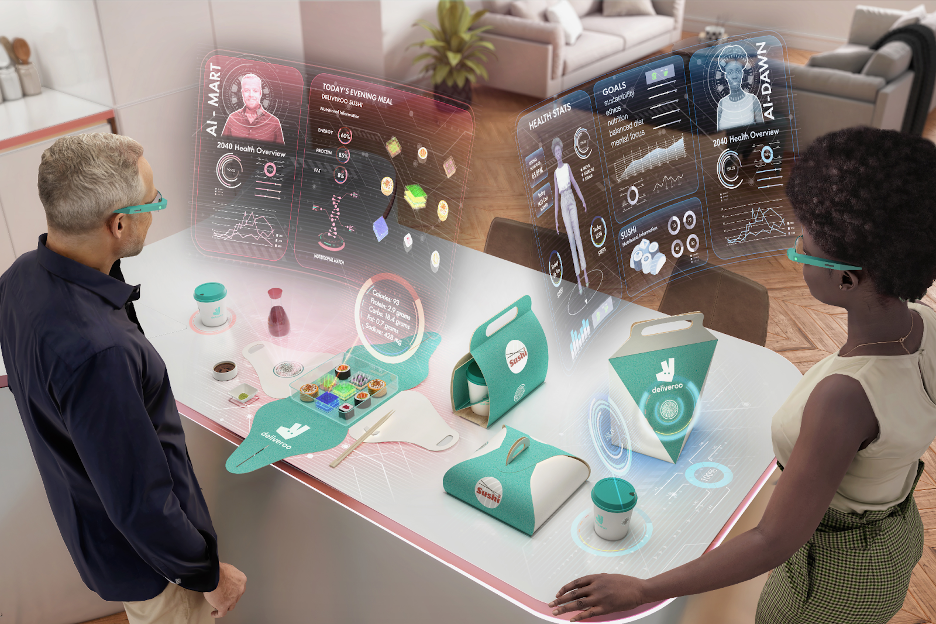In accelerating our efforts to mitigate climate change, humans are using technology to make the major sacrifices and changes more palatable.
The Asia Pacific region is a hotbed for startups making alternative protein (meat) as their business, as shown by the record investments of US$ 312m flowing into the sector as of 2021.
Also, technology is helping people to make food preparation and consumption more eco-friendly and sustainable.
According to a report by Singapore-based firm Deliveroo, four key trends are on the horizon, driven by 3D-printing, connected gadgets and personalization technologies of the years leading to 2040:
- 3D-printed meal plans: From packed lunches to printed lunches, food prep can be made easier with advances in 3D printing technology.
- Breath-prints: Consumers will be able to cast their breath onto a measuring gadget and get a deep level of insight into what foods they should be eating to have optimal impact on their health and well-being.
- Climate-change-friendly food lifestyles driven by tech: To accelerate how the world is coping with climate change and reducing our carbon footprint urgently, technology can help identify and promote necessary changes in food consumption. Daily food staples of tomorrow will look a bit different from the usual rice and noodles: petai, jackfruit, cowpea, arrowroot, azuki bean, buckwheat, amaranth and other variants of Asian yams, beans and forms of superfoods may form the bulk of healthy food lifestyles.
- Data-driven personalized dieting: Going beyond the Keto diet, a tech-driven “me-gan” (a play on the word vegan) diet will allow dieting to be based on personal data. A hyper-personalized diet can help individuals to achieve nutritional and dieting needs with better monitoring and outcomes.

According to Yip Hon Mun, a Senior Adviser on sustainable food technology: “By eliminating the need to rear an animal to get a piece of meat, technologies such as cellular agriculture will curb waste, reduce carbon footprints, and promote personalized culinary experiences, advancing a sustainable future.”
Yip also noted that consumers can, in addition to considering affordability, taste, and nutrition, have the option to select sustainably sourced food or customize their meat to align with ethical and environmental standards.”
